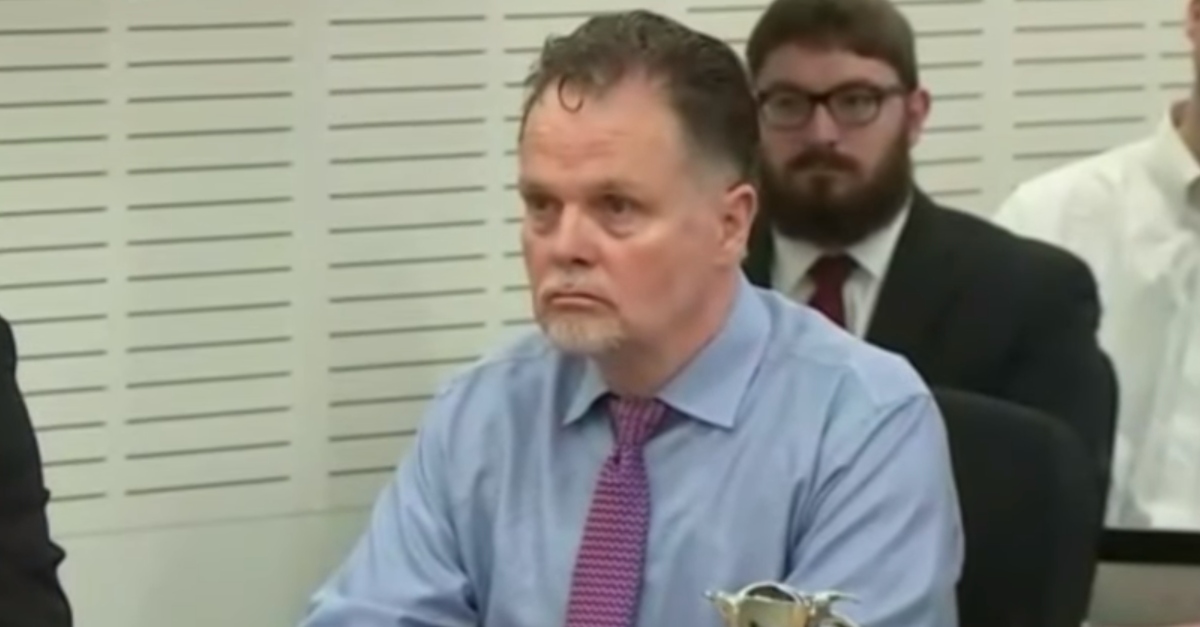
Jurors recommended life without parole Monday for California man Charles Merritt in the first-degree murder of 40-year-old business partner Joseph McStay, but recommended death in the murders of McStay’s 43-year-old wife Summer, and the couple’s sons, 4-year-old Gianni and 3-year-old Joseph Jr.
In closing arguments at Merritt’s sentencing hearing, prosecutor Britt Imes highlighted the brutality of the act. The defendant brutally beat the victims and left them dead in two shallow graves in the Mojave desert because he owed the family patriarch tens of thousands of dollars, Imes said. The victims disappeared in 2010, and weren’t discovered until over three years later in 2013. The defense tried to show that this was a close case, and attempted to appeal to any lingering doubt the jurors may have had. They had argued at trial that another business partner could’ve been responsible for the murders.
Imes acknowledged the lack of forensic evidence. This lack of evidence was caused by the fact that it took 10 days before the McStays were reported missing, and that their bodies were left undisturbed in graves for over three years. Imes argued, however, that even after all this time passed, the bodies showed that this was a brutal murder. Merritt used more force than was needed to simply end their lives, Imes said. For example, there’s the state of Summer McStay’s skull. This wasn’t just a killing.
“It’s a pummeling,” Imes said.
California has had a moratorium on capital punishment in place since March. The state wasn’t prolific in executing inmates in recent decades, and hasn’t executed anyone since 2006, even though there are hundreds of inmates on death row.
[Screengrab via Law&Crime]